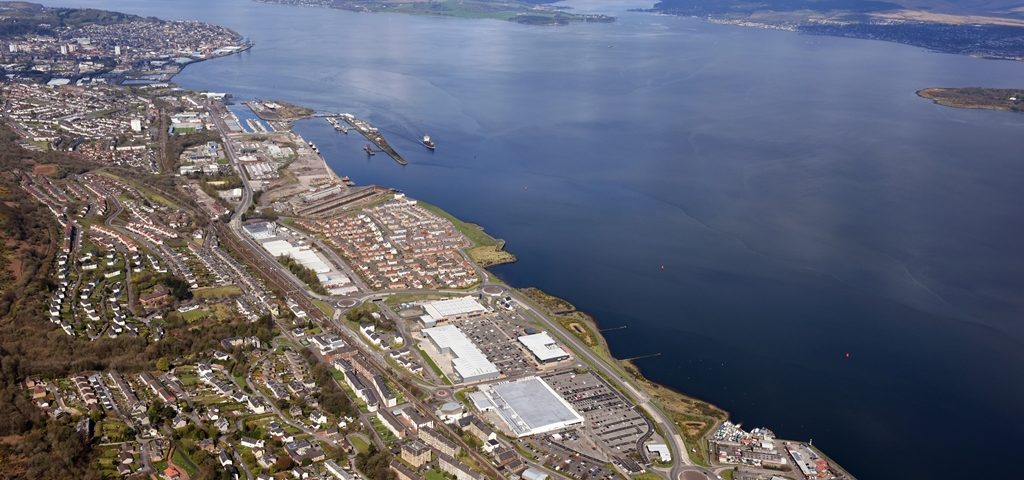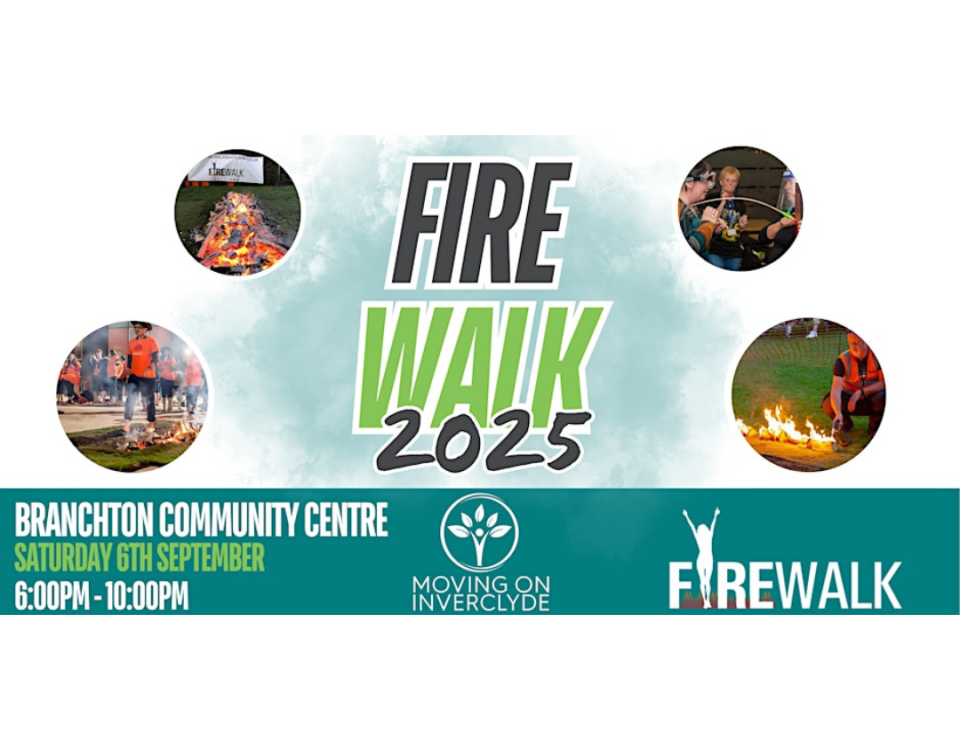Inverclyde Sees Biggest 10 Year Decrease In Population In Scotland

Director Steps Down From ICC Board
28/08/2020
Business Round-Up – 31 August 2020
31/08/2020Inverclyde Sees Biggest 10 Year Decrease In Population In Scotland

Inverclyde
Inverclyde has been declared as the worst affected area for depopulation in Scotland, according to new figures from the National Records of Scotland (NRS).
Rural and island communities were worst affected, with the NRS splitting the country into almost 7,000 small areas and analysing how they changed.
Parts of the west of Scotland also suffered significant depopulation, with Inverclyde seeing the biggest decrease in a 10-year period.
Inverclyde also had the highest percentage of its population living in the most deprived areas in the country, which was closely followed by Glasgow. Across Scotland, the median age – the age at which half the people are older and half younger – also increased.
An area of Falkirk was revealed as the oldest population in Scotland with a median age of 72. Ruchill in Glasgow, which is home to many students, had the lowest median at 20 years, meaning half of the residents were younger than 20 years of age.
Glasgow, like most big cities, saw population increases in most of its areas over the past decade. Orkney saw increases in most of its areas while Shetland’s were slightly decreasing in population, although the report noted they have the least data areas of any local authority.
In places such as Argyll and Bute, North Lanarkshire and Angus, more areas were decreasing in population than increasing.
The median age of people in rural and island communities was also increasing at a faster rate than in cities. Increases in the average median age were highest in:
- Na h-Eileanan Siar – +4.1 years
- Clackmannanshire – +3.9 years
- Scottish Borders – +3.7 years
- Argyll and Bute – + 3.6 years
Every local authority area in Scotland saw an increase in overall median age except Dundee, which had a small decline in median age.
East Renfrewshire and Edinburgh had the highest percentages of their populations living in the least deprived areas.
Reflecting on the depopulation statistics, Gavin McDonagh, President of Inverclyde Chamber of Commerce said:
“Once again, Inverclyde has been awarded one of the most unwanted tags in Scotland, which matched with the Covid-19 pandemic and Greenock’s place at the top of the deprivation chart, further highlights the decline we have experienced over the past three decades, not just the last 10 years.
“Most disappointingly, I don’t think there is a great deal of surprise – it is becoming the norm for Inverclyde to top these charts.
“Inverclyde continues to suffer from major underinvestment amongst many other issues, and Inverclyde Chamber is again calling on the UK and Scottish Government’s alongside Inverclyde Council to address these and do more to support our area before the damage is so ingrained it takes another three decades to recover.
“Our businesses, residents and communities need to be inspired, supported and have opportunities to grow and develop within Inverclyde. The area needs to be desirable and our young talent needs to have reasons to stay, while we need to be more attractive to families and others to consider relocating here.
“The area needs an ambitious and strategic masterplan, supported by a major investment from the public and private sectors, which will help lead to increased regeneration and a targeted focus on helping Inverclyde to recover and thrive again.”


